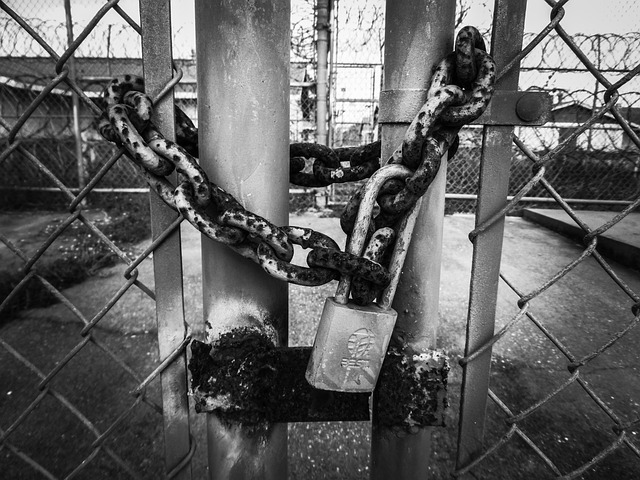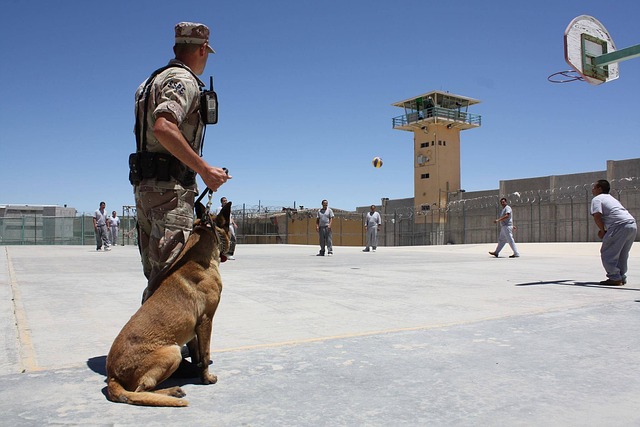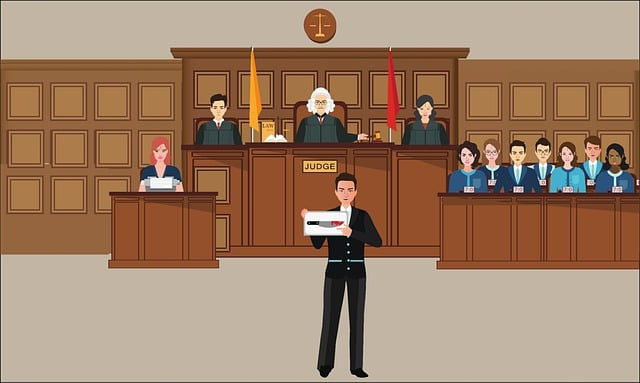Rural and urban areas have distinct DUI legislation, influenced by local traffic patterns and safety concerns. This impacts how law enforcement conducts traffic stops and individual rights during and after a pullover. Understanding these differences is crucial for navigating interactions with police and asserting your rights, as both rural and urban regions have specific protocols and legal protections. Resources like the NHTSA offer guides, and consulting DUI specialists can provide location-specific advice.
“Traffic stops can be stressful, but understanding your rights is key. This comprehensive guide navigates the complexities of traffic stops, focusing on rural vs. urban DUI legislation and its impact on stop procedures. Learn about your legal rights, common mistakes to avoid post-stop, and valuable resources for drivers in both settings. By the end, you’ll be equipped with the knowledge to confidently navigate these encounters.”
- Understanding Traffic Stops: Your Legal Rights
- Rural vs. Urban DUI Legislation: Key Differences
- The Impact of Location on Stop Procedures
- Knowing Your Rights During a Traffic Stop
- Common Mistakes to Avoid After a Stop
- Resources and Next Steps for Drivers in Both Settings
Understanding Traffic Stops: Your Legal Rights

In many regions, traffic stops are governed by specific laws and regulations that vary based on location, particularly when comparing rural and urban areas. Understanding your rights during a traffic stop is crucial, especially given the potential implications of violations, including charges for driving under the influence (DUI). In rural areas, where populations are often more spread out and police patrols may be less frequent, drivers might encounter different interactions with law enforcement compared to urban centres. The DUI legislation in these regions can differ, affecting how officers conduct stops and what rights individuals have during and after a pullover.
Similarly, urban environments present their own unique challenges. Higher population densities lead to more complex traffic patterns and potentially greater exposure to police checks. Urban DUI laws often reflect these nuances, focusing on issues like safety concerns, congestion management, and the specific impacts of impaired driving in dense areas. Knowing your rights ensures you can navigate these interactions with confidence, understanding what is expected of both you and the officers during a traffic stop.
Rural vs. Urban DUI Legislation: Key Differences

In rural areas, DUI legislation often differs significantly from urban regions. One key difference lies in the density of traffic and population. Rural communities typically have less dense populations and lower traffic volumes, leading to less stringent laws. For example, some states may have higher legal blood alcohol limits (BAC) or more lenient sentencing guidelines for first-time offenses in rural settings. This is partly due to the reduced impact of DUI incidents on these smaller communities compared to urban hubs.
In contrast, urban areas face unique challenges with dense populations and high traffic congestion. As a result, urban DUI legislation tends to be stricter, focusing on swift enforcement and severe penalties. These cities often implement zero-tolerance policies, lower BAC limits, and harsher consequences for repeat offenders. The goal is to deter impaired driving in heavily populated regions where the potential risks and impacts are magnified.
The Impact of Location on Stop Procedures

In rural areas, traffic stop procedures often differ from their urban counterparts due to varying DUI legislation and community dynamics. With fewer people and less dense populations, law enforcement in rural settings may approach stops differently, considering the reduced risk of crime and the potential impact on nearby residents. This can lead to more lenient or less aggressive interactions during stops, focusing more on ensuring safety and less on strict adherence to every protocol.
In contrast, urban areas with high population densities and diverse communities often have stricter traffic stop procedures due to increased concerns about public safety and potential civil liberties issues. Urban law enforcement agencies may employ more rigorous strategies, such as enhanced training in dealing with intoxicated drivers or the use of advanced technology for accurate assessments during stops. The Rural vs Urban DUI legislation plays a significant role in shaping these differences, influencing not only the legal framework surrounding stops but also the cultural approach to enforcing traffic regulations.
Knowing Your Rights During a Traffic Stop

During a traffic stop, whether in rural or urban areas, understanding your rights is paramount to ensuring fairness and protecting yourself from potential abuses. In both settings, the basic rules apply: officers must have reasonable suspicion of a crime before pulling you over, and they must inform you of any charges once stopped. However, there are nuances to consider under different legislation, such as the varying DUI (Driving Under the Influence) laws between rural and urban jurisdictions.
In rural areas, where cases may be less frequent, officers might have broader discretion in how they conduct a stop. Conversely, urban regions often have stricter protocols due to higher incident rates, which can impact how an interaction unfolds. For instance, while both types of locations require you to provide your license and vehicle registration, urban stops may involve more thorough searches or field sobriety tests, whereas rural stops might focus more on verifying your driver’s license information. Knowing these potential differences can empower you to ask relevant questions and assert your rights during a traffic stop.
Common Mistakes to Avoid After a Stop

After a traffic stop, it’s crucial to know your rights and avoid common mistakes that could escalate the situation or compromise your case later on. One significant blunder is sharing excessive information with officers; remember, you only need to provide basic details like your license and registration. Refrain from discussing your circumstances or admitting guilt—these discussions can be used against you in court, especially during trials where Rural vs Urban DUI legislation differs significantly.
Another mistake to steer clear of is physical resistance or aggressive behavior. Staying calm and respectful throughout the interaction is essential; even if you believe the stop was unjustified, maintaining composure will not only ensure your safety but also present a more favorable impression in any subsequent legal proceedings.
Resources and Next Steps for Drivers in Both Settings

Understanding your rights during a traffic stop is crucial, especially when facing potential charges like DUI (Driving Under the Influence). For drivers in both rural and urban settings, knowledge of their legal protections can make all the difference.
In rural areas, where law enforcement presence might be less dense, drivers should still exercise their right to remain silent and refuse consent for searches unless a lawful arrest has been made. Urban landscapes often see more frequent patrols, but drivers are still protected by the Fourth Amendment’s prohibition against unreasonable searches and seizures. Knowing local DUI legislation, which can vary between rural and urban regions, is essential. Resources like the National Highway Traffic Safety Administration (NHTSA) offer detailed guides for drivers, ensuring they understand their rights no matter where they find themselves. Additionally, consulting with legal professionals specializing in DUI cases can provide tailored advice based on the specific jurisdiction and circumstances.
Understanding your rights during traffic stops is crucial, especially considering the differences in legislation between rural and urban areas. Knowing how local laws affect stop procedures can empower drivers across all settings. By familiarizing yourself with potential pitfalls after a stop and utilizing available resources, you can navigate these interactions confidently. Remember, whether you’re in a bustling city or a quieter rural town, your rights remain protected, and awareness is key to ensuring fair treatment during traffic stops.






